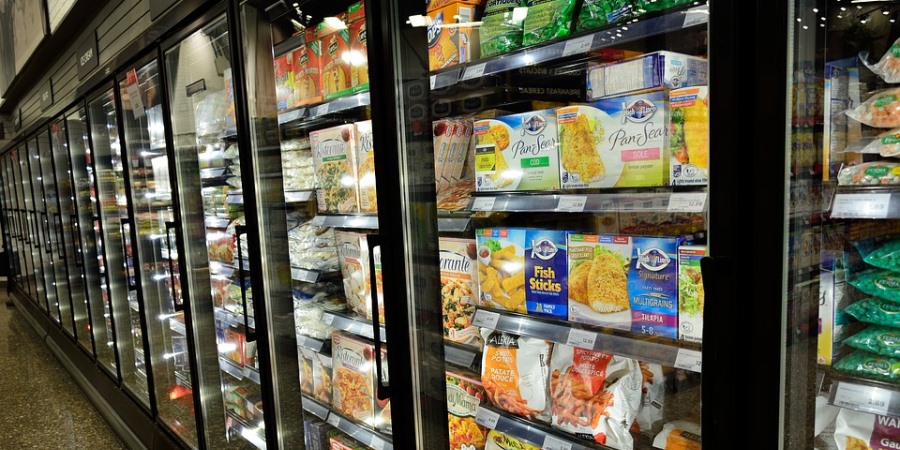Chair of the British Frozen Food Federation (BFFF) Ian Stone has said that the frozen food industry has a rare opportunity to grow sales and help cut carbon emissions.
In an address to 700 business leaders at the Federation’s annual luncheon, Stone said British consumers had “fallen in love with frozen food” during the pandemic and that this, combined with heightened interest in environmental issues, has created a platform from which frozen can continue to grow. He said: “As we move into 2022, I believe we are at a pivotal moment for our industry. A true once in a lifetime opportunity.”
At the first live luncheon since 2019, Stone urged his peers to seize the opportunity. He said: “Consumers have discovered what we have always known; frozen foods are easy to store and cook, with little wastage. Quality and taste are fantastic and there is a wide range of menu choices. It means we have seen nearly £1 billion added to the value of retail sales above that of 2019.”
Stone said that the industry must continue to “innovate with product; deliver healthier options, further embrace meat-free, plant-based alternatives, continue to deliver brilliant value for money.”
He added that more needed to be done to highlight the sustainability benefits of frozen food. To reinforce this, the Federation is planning to run a Frozen Food Week in September next year, dedicated to the role frozen can play in reducing food waste.
“Dramatically” reducing daily food waste
Stone continued: “As a nation we waste nine and a half million tonnes of food per year. Of that, nearly seven million tonnes is simply thrown away. By encouraging consumers to buy more frozen food we could dramatically impact this figure. Fresh vegetables and salads are the largest single area of food waste, with three million carrots and one million onions alone being thrown away every single day. Manufacturing a frozen product is often undertaken with longer production runs, resulting in less change overs and minimising lost raw materials. It is a more efficient process from start to finish.”
He concluded by saying that the industry was in “a unique position” as frozen food “is surely the most sustainable food option of all.” Stone said: “So to consumers and caterers who ask how they can be more sustainable, the answer is very simple: buy more frozen.”









